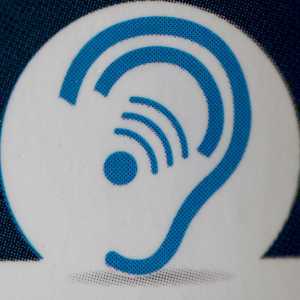Author Interviews, Dermatology / 15.01.2021
New Itch Pathway Helps Explain Why Antihistamines Don’t Always Work
MedicalResearch.com Interview with:
Brian Kim, MD
Associate Professor of Dermatology
Co-Director, Center for the Study of Itch & Sensory Disorders
John T. Milliken Department of Internal Medicine
Washington University in St. Louis
MedicalResearch.com: What is the background for this study?
Response: Patients with eczema suffer from chronic itch due to the rashes they have on their body. However, as a physician, I have always noticed that patients with eczema will have sudden flares of their itching all over there body that is often triggered by what appear to be allergens – being around a cat, pollen, mold in a house, etc. Eczema is in the family of allergic diseases such as food allergy, asthma, and hay fever. All of these conditions are noted for patients being reactive to allergens by way of an antibody called IgE that coats a cell called the mast cell. Upon IgE binding an allergen, mast cells produce tons of histamine which can cause symptoms like itching. So we speculated that perhaps because patients with eczema have such misbehaving IgE, that exposure to allergen is what triggers this kind of severe itch flare that we see in patients.
(more…)



